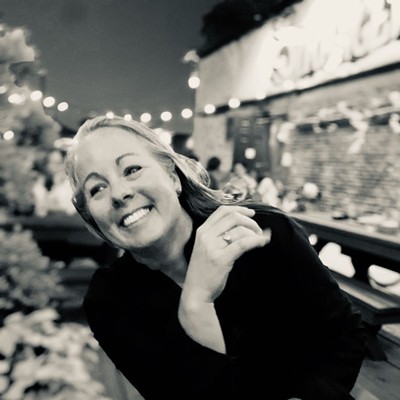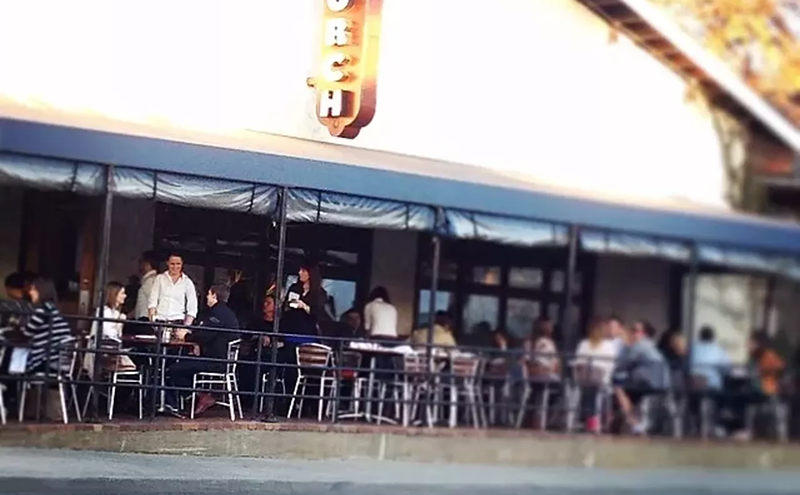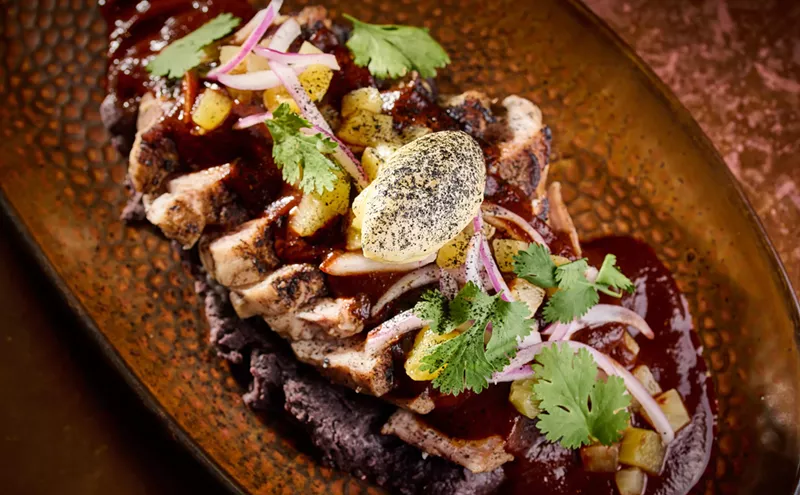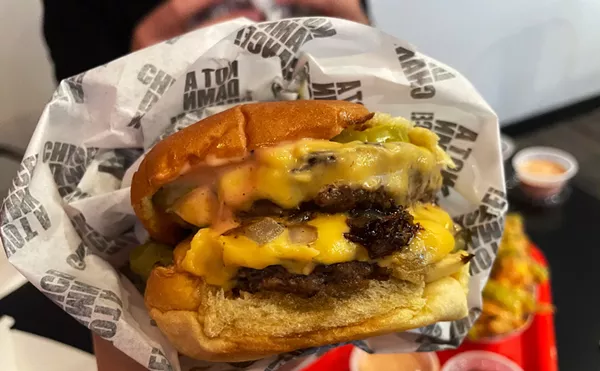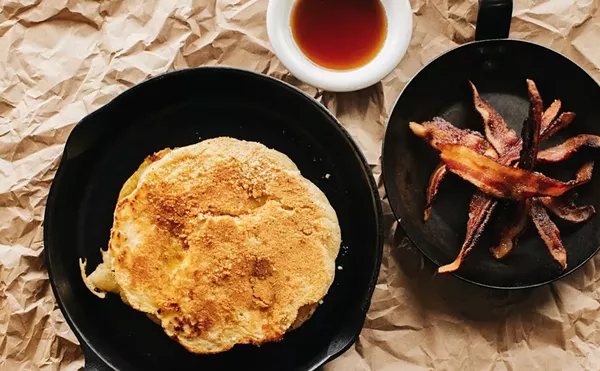I have a bread baker on my holiday list, which means I've had a solid excuse for spending time researching various cookbooks the past few days. First, I landed on Flour Water Salt Yeast: The Fundamentals of Artisan Bread and Pizza. It seemed a perfect fit for the baker who was not quite novice, but still took it as a rather serious hobby. Described as more than just a collection of recipes, the collection by Portland, Oregon, baker Ken Forkish offers a supposed new home tome for all levels of bread making experience.
But, there weren't any copies in stock at the bookstore. So, there was Thomas Keller's Bouchon Bakery, and it was really a looker. Barnes and Noble had stacks and stacks of the 5-pounder, all wrapped in cellophane. That seal made me feel like it was holding secrets. My stubborn curiosity got the worst of me and that plastic around it probably had more influence than it should have on my decision to purchase it. Oh, did I mention this is a gift for someone?
I've never really sat down to actually read a cookbook as a story, but last night I carefully pealed away the bolt and seal and read the introduction by Keller. I was prepared to be quickly outpaced. I figured it was Yountville -- the Napa Valley town that is Bouchon's hometown -- and was all going to be over my head. But, his quick account of his time spent staging in Paris pulled me in. He writes about living in "the heart of a thoroughly food-centric culture" and about all the new foods he was exposed to.
The most significant memory for Keller was "waking up every morning to that smell of baking bread" and climbing down a staircase to buy a demi-baguette, which he'd have with "butter and jam and coffee."
The downstairs boulangerie where he bought the bread was tiny (100 square feet) and Keller was fascinated by the baker, "I saw that a man could devote his life to baking bread, and that it was a good life, a worthy profession and one to be revered."
When I was young and deadline-free, I scrapped together enough pennies to spend some time in Europe. I actually ran out of money twice while I was there, so I had to be so careful with every franc, peseta and lira. Mom wasn't there to buy me dinner if I was low on cash. In fact, she was pissed I had gone. So, one thing that I quickly learned was that bread is the simple sustenance of life, and I could pick up a baguette that would literally last me all day. With just a small amount of fresh cheese, it was a feast fit for a king. Once, I chased an old lady through a park in Berlin after buying a small loaf of her homemade bread. I desperately wanted another because it was amazing, but I couldn't find her. She broke my heart.
So, Keller made me realize I'm not outpaced. His love for bread is as elementary as everyone else's.
Keller's first recipe of the book is an ode to his mother. "We were six kids, and we were voracious," he writes and goes on to explain the sometimes-complicated cookie situation:
"We had our own cookies, Oreos and Nutter Butters, but when we dispatched those, there would be the bag of Mom's [Keebler] pecan sandies, daring us. It was really hard. Those cookies were sacrosanct, but sometimes, guiltily, we ate her cookies, one by one, until they were gone."
He writes about how his mom didn't have much to call her own, but worked hard to provide a good life for them all (yet, they ate all her cookies). And his first recipe is for simple pecan sandies, with only four ingredients: flour, pecans, butter and powdered sugar.
From there, you could say it gets a wee(eeeee) bit more complicated. But, there's also some great insight from Matthew McDonald and Sebastien Rouxel, both of whom aided Keller in creating the empire of Bouchon Bakery, which has culminated in a stand-alone bakery in Rockefeller Center.
Toward the back of the book, McDonald writes about THE BAGUETTE. The tell-all of bakers. He laments... "if there's any flaw in the process, or in the baker, it will be revealed really clearly in the finished baguette. I love that. That baguette speaks clearly and it never lies."
Then, 20 pages later, after explanations on choosing ingredients, tools, mixing, fermentation and lots of other stuff, there's the recipe. Did you think it would be easy, like BAM! perfect baguette? No way. The photos are beautiful and the stories are inspiring. And Clint at the Village Baking Co. feels the same way about baguettes, so I'll continue to buy from him. I've got to wrap this thing in the next few days anyway.


